Learning at Home: Educational Resources from Ohio Memory and DPLA
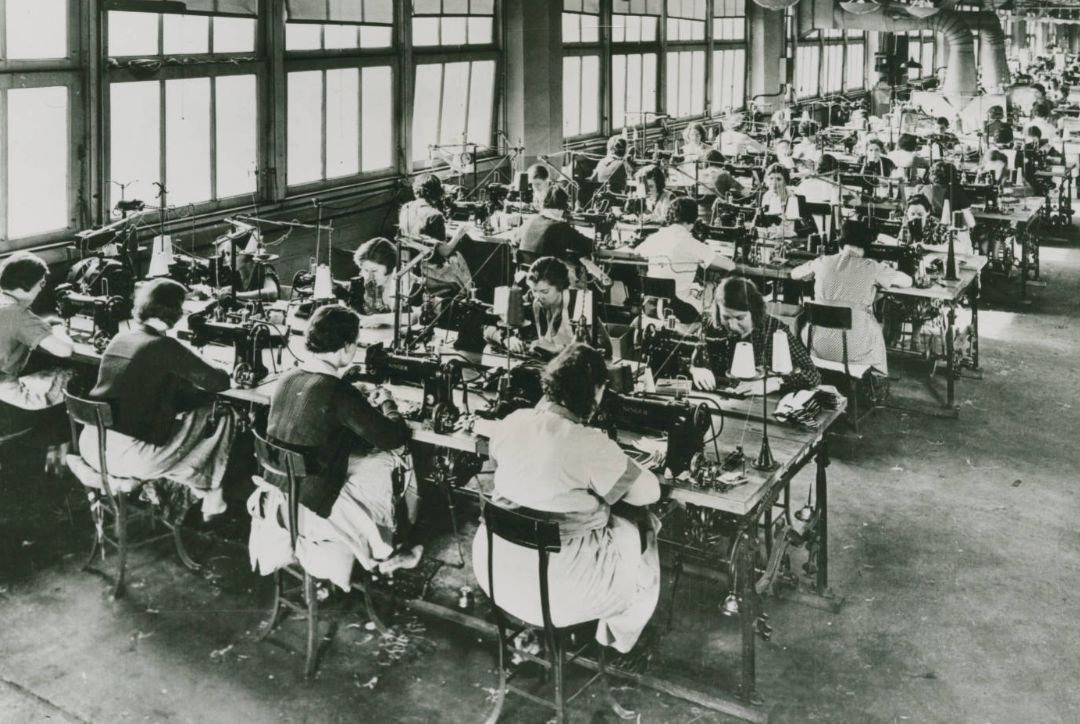
As many of us adjust to temporarily working and learning from home, the search for resources and tools to make our days smoother is on. Many schools and libraries have educational resources that are available to students with verified login credentials or a library card number, but there are also some great options out there that are accessible to anyone with an internet connection.
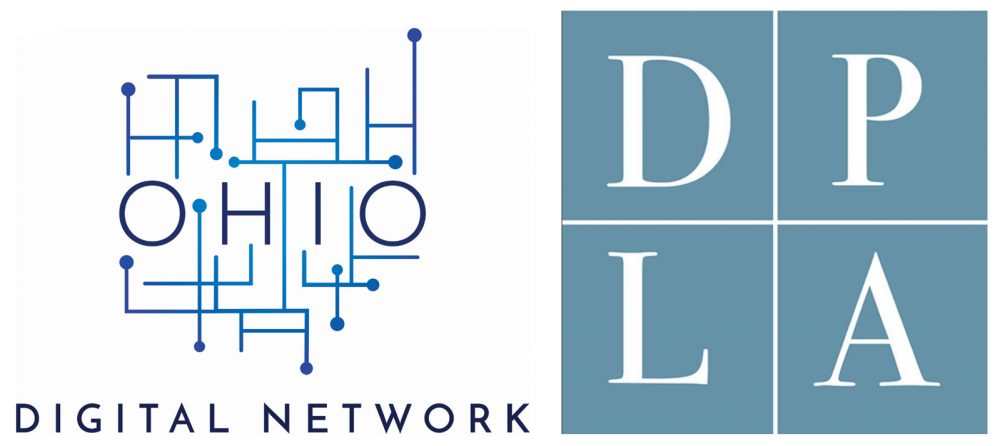
One such resource is the Digital Public Library of America, a web-based portal to over 36 million items from libraries, archives, and museums across the United States that are free to access by anyone at any time—no card required! Over 40 partners in this project—including the Smithsonian Institution, New York Public Library, and ARTstor, just to name a few—have made their digital collections of “images, texts, videos, and sounds” available online, in a searchable and browsable format. When you find something you like, you can click through to the institution who contributed it to learn more.
DPLA has also called on the expertise of educators and librarians in the field to curate freely-accessible collections for their users. Casual and lifelong learners will appreciate touring through over 30 Exhibitions with subjects covering a wide scope of American history and including photos, video, and audio to enhance and provide context, as well as narrative and informative text.
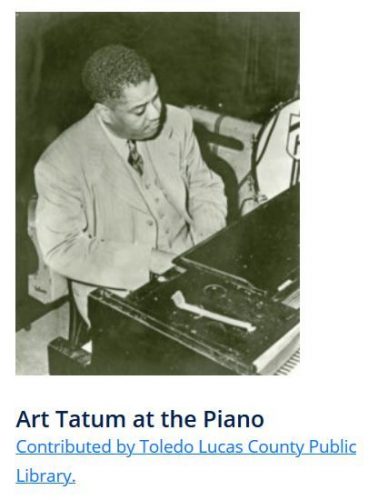
K-12 students and their educators (or newly-appointed at home educators!) will benefit from the over-100 authoritative Primary Source Sets that DPLA has created. Searchable by subject and time period, these Sets can be used to supplement class coursework, or serve as the basis for research for papers, projects, and more. Again covering the entire scope of American history, they provide valuable primary source material but also lesson plans and discussion questions for educators. A primary source is an account of a topic or event from someone who experienced it or had a direct connection with it. Examples include photographs of an event, letters or manuscripts written by someone who experienced or took part in what they are writing about, an oral history of an event or an audio or video recording of it, and more. In the best of times, we know that teachers work hard to bring interest and value to their classrooms, and these tools can help even the besieged parent teacher do the same.
And because we know that Ohio is still the heart of it all, we’ve got some contributions to DPLA, too! Since early 2018, 22 Ohio institutions have contributed over 230,000 items to DPLA, as part of a group known as Ohio Digital Network. ODN has partnered with organizations all over the state (many already participants in Ohio Memory) to make their collections available to the rest of the country through DPLA, and they have reached a much wider audience because of it. Supported by the State Library of Ohio, Ohio History Connection, OPLIN, OhioLINK, and IMLS, ODN continues to add Ohio-based collections to DPLA, and to create partnerships with more institutions.
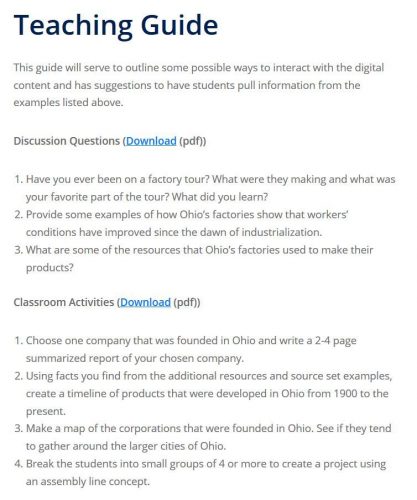
One of the benefits of having our own group of organizations working collaboratively on digital collections from Ohio is the opportunity we have to work on projects that span collections across the state. Much like DPLA has been able to, our Outreach Working Group, composed of librarians, archivists, and educators throughout Ohio, has created our own Primary Source Sets based entirely on material in DPLA and from Ohio-based institutions. These eight sets contain resources and links to DPLA, as well as teaching guides, discussion questions, and lists of further resources, in the same format that you’ll find on DPLA. Similarly geared toward the K-12 student, our Sets also cover varying topics in American history. With plans to add more in the future, the current Sets are:
- African American Ohioans in the Arts
- Flooding in Ohio: Using Historical Floods to Prepare for the Future
- Flora and Fauna of Ohio
- Historic Ethnic Groups in Ohio
- Industry in Ohio
- Maps
- The Underground Railroad in Ohio
- Women’s Suffrage and the 100th Anniversary of the 19th Amendment
Exploring vital topics such as immigration, geography, climate change, economics, entertainment, biology, and more, each Set provides resources to fit into almost any lesson. And if any of them pique your student’s interest, there are suggestions of more resources to follow up with.
We hope that you find these collections and Primary Source Sets useful both now and when many of us are physically back in the classroom or workplace. If there are more collections or other resources you’d like to see, we’d love to hear from you!
Thank you to Jen Johnson, Digitization Consultant and Ohio Digital Network Project Coordinator at the State Library of Ohio, for this week’s post!
Ohio Memory is celebrating 20 years! Visit our blog all year long to learn more about our program, partners and collections.
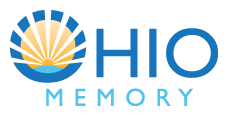
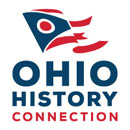
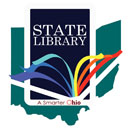
Leave a Reply
You must be logged in to post a comment.